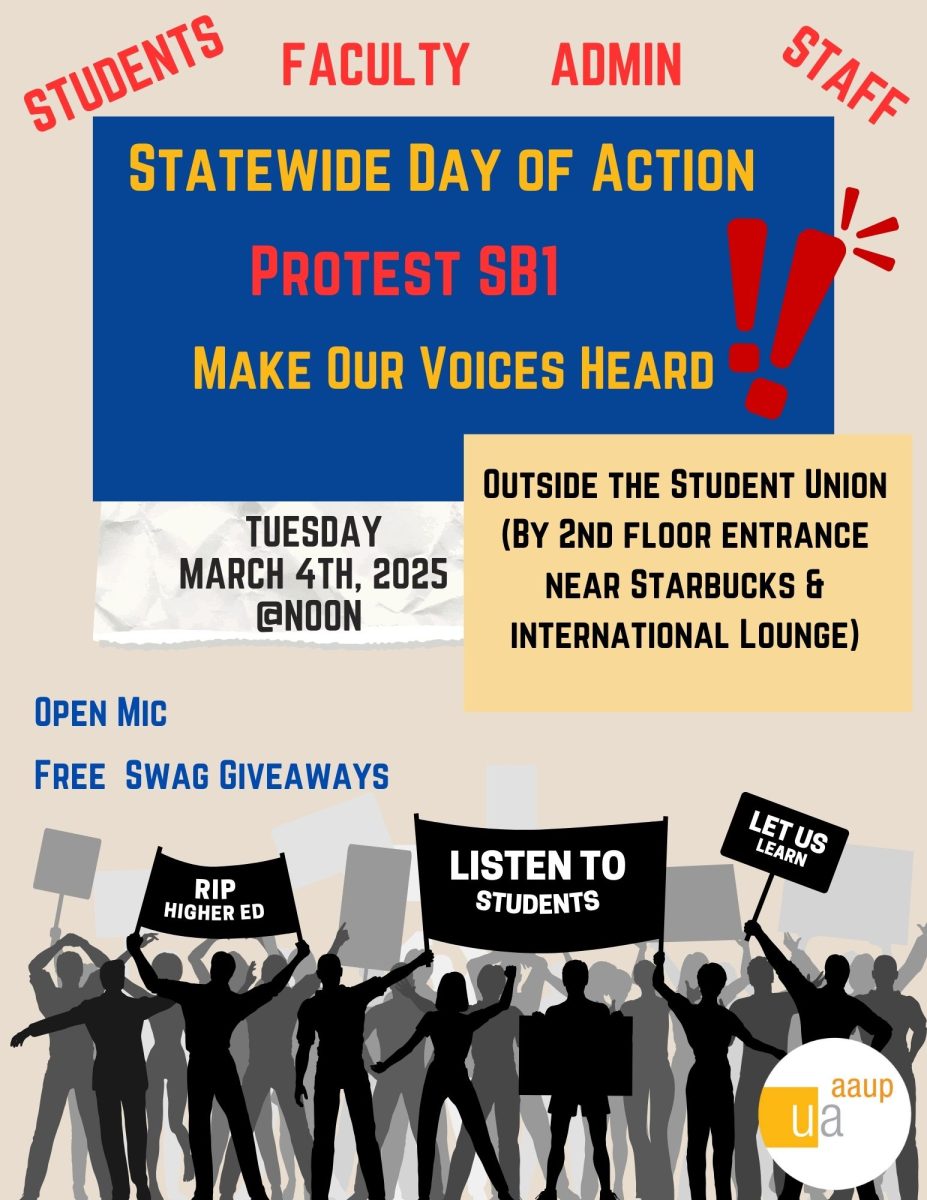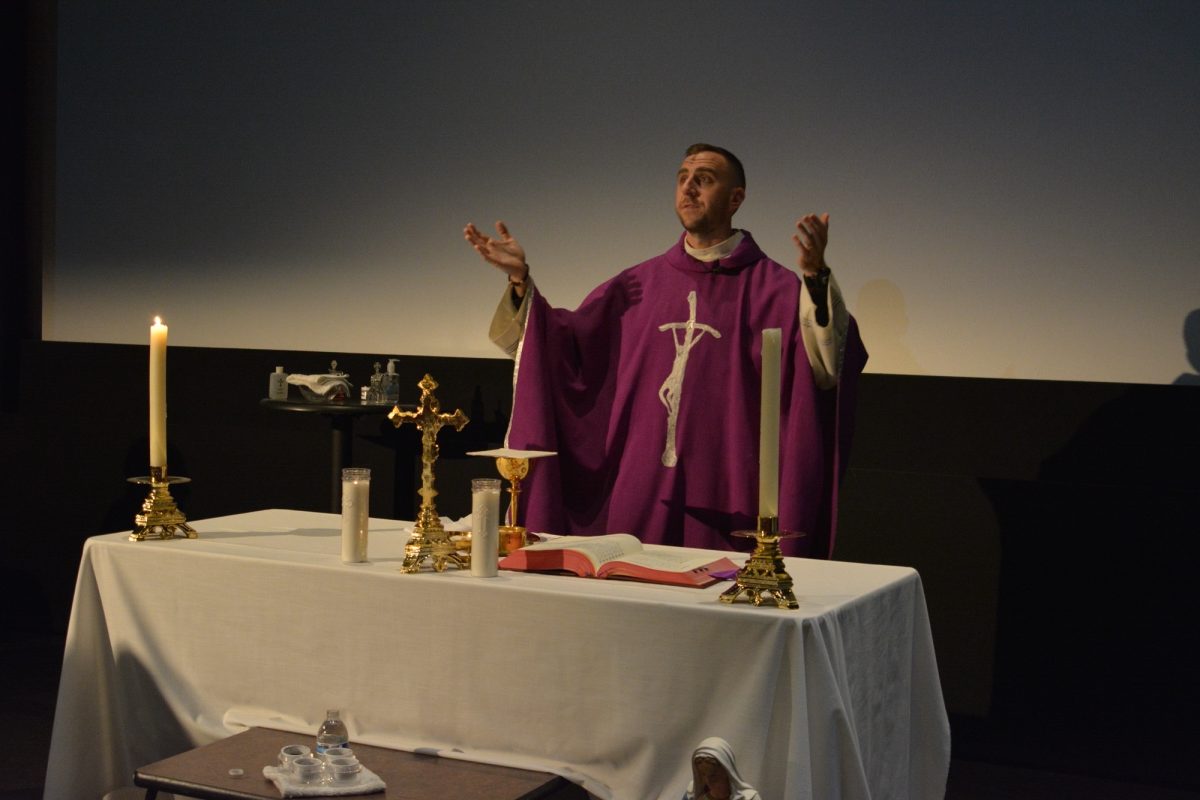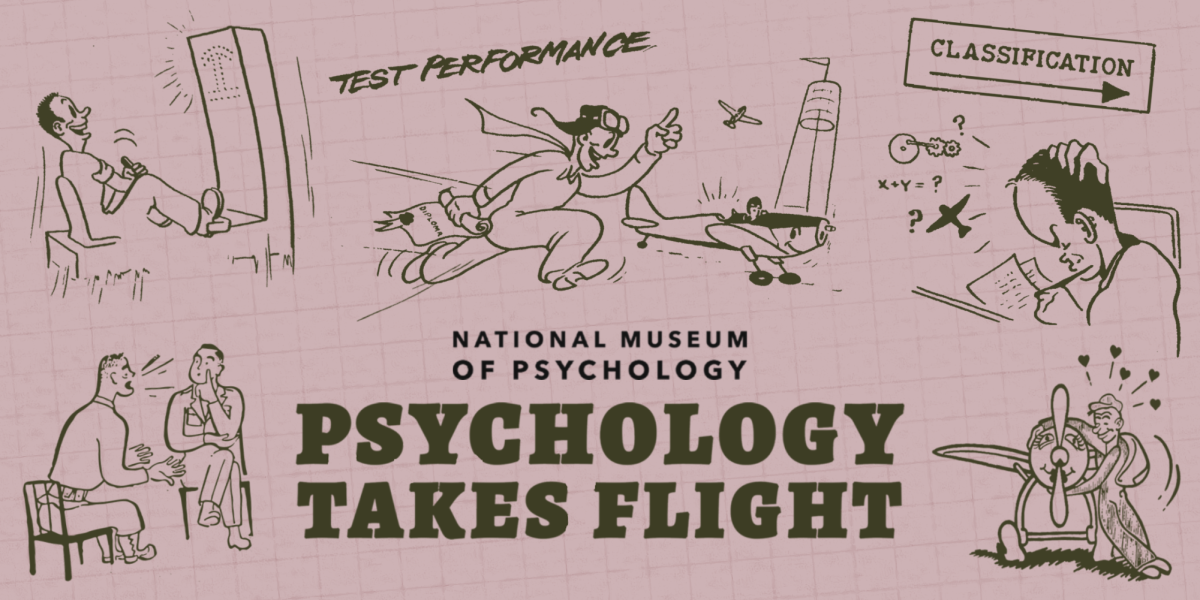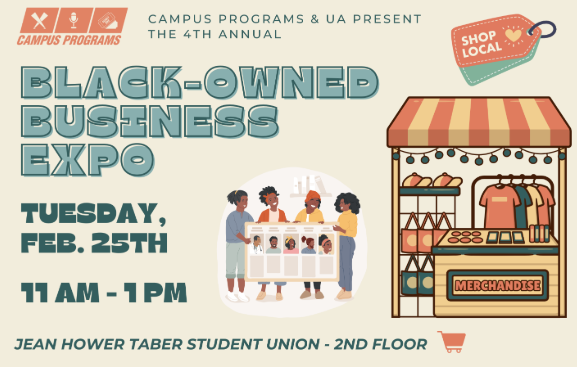Dr. Triece Discusses The 19th Amendment, ‘Suffrage: Inequality. Persistence. Justice.’
During an interview she discussed the importance of ‘Suffrage: Inequality. Persistence. Justice.’ and the fight for woman’s rights.
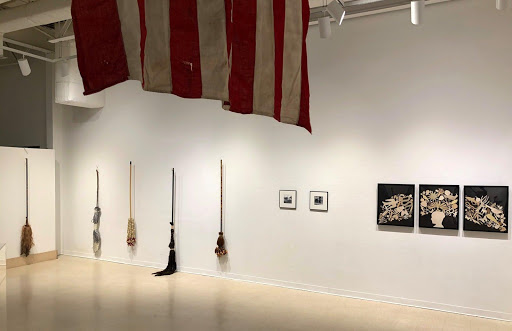
(Image via the Emily Davis Gallery)
“Suffrage: Inequality. Persistence. Justice.” seeks to honor women who have fought and those who continue to fight to protect and defend women’s right to vote.
December 10, 2020
Dr. Mary E. Triece, Ph.D., a professor in The University of Akron School of Communication and Director of The Women’s Studies Program, assisted in creating the text accompanying each piece in the Emily Davis Gallery’s exhibition ‘Suffrage: Inequality. Persistence. Justice.’
According to Dr. Triece, ‘Suffrage: Inequality. Persistence. Justice.’ “gives voice to women who may have been overlooked in traditional accounts of suffrage but whose contributions have been essential.”
She noted that women earning the right to vote was an important landmark, however it did not end some of the broader struggles women still face.
“Women’s rights did not begin nor end with suffrage. Now more than ever, it is paramount for women to mount a widespread and vocal movement for rights in a number of key areas,” Dr. Triece said.
During the UA Connections Series – Suffrage: Inequality. Persistence. Justice. discussion held on Oct. 22, Dr. Triece said that the act of getting a woman in the White House or on the Supreme Court would not guarantee women’s rights and that the focus shouldn’t be about identity politics.
She noted that Amy Coney Barrett and Sarah Palin could be seen as women whose political stances do not align with those in favor of feminism or women’s rights, as a result when discussing women’s fight for equality she stressed the need to acknowledge the importance of intersectionality.
Intersectionality, Dr. Triece said, is about including women from different backgrounds such as “working class women, women of color, trans women, lesbian women, etc.”
During her research into the suffrage movement, she noticed that lower class women during the 1920’s were skeptical of the push for suffrage.
“Lower class women were more focused on immediate needs being met,” Dr. Triece clarified.
Issues such as 8 hour work days, paid overtime, and child labor laws were seen as more important. Lower class women were also skeptical of working with upper class allies because they had been “burned so many times before,” Dr. Triece said.
“It’s reminiscent of black women who tend to be more reluctant to refer to themselves as feminist as a result of not wanting to be linked to the white privilege that is associated with the movement,” Dr. Triece.
Black women see more of an ally within their own race, which circles back to the importance of intersectionality and recognizing the different experiences that all women have.
There have been some impressive gains that Dr. Triece has noticed in recent years, one of which is the “increase awareness of police brutality against African American women.”
Dr. Triece stated, #SayHerName, a campaign which originated in 2015 along side others such as #blacklivesmatter and #blackgirlmagic helped broaden the conversation of police brutality.
She also mentioned that the push for LGBTQ + rights and awareness has challenged the traditional heteronormative aspects of society.
However she also addressed reproductive freedom and health, voting accessibility, workplace and wage equality, LGBTQ+ rights, and the right live free from sexual violence as issues women still face in the midst of the 19th amendment’s hundred year anniversary.
“Even as we celebrate this anniversary, it is also a reminder that there is still much to be done.” Dr. Triece said.
Located in Folk Hall, the Emily Davis Gallery is open to the public from 10 a.m. to 5 p.m., Monday through Friday.
Partial access to the gallery will be held on Tuesday and Thursday. The lower gallery is closed after 2 p.m.
Social distancing, facial coverings and additional guidelines from the Centers for Disease Control must be followed while in the gallery.






